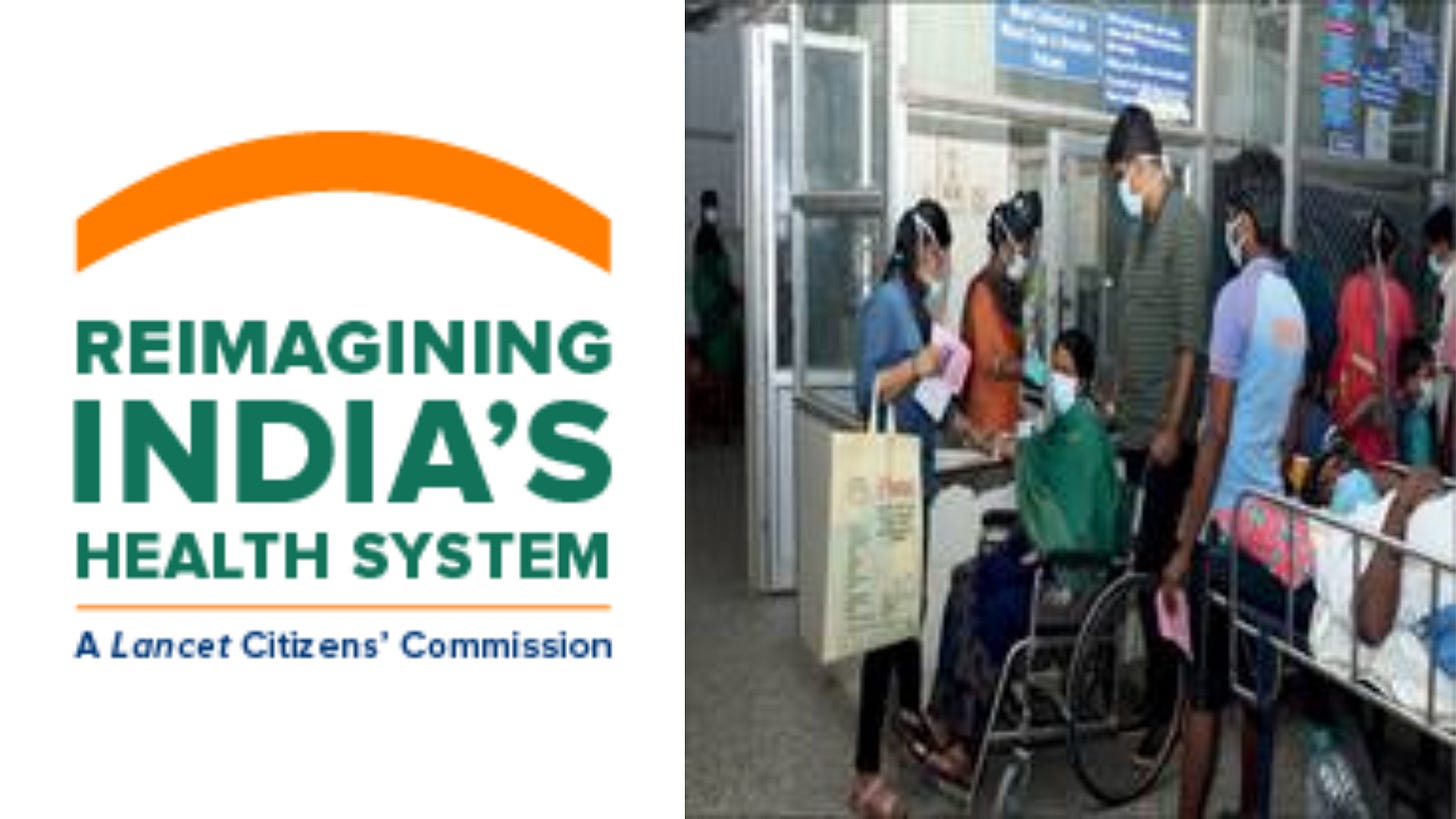My newsletter on creativity, innovation and inclusive economic systems
With this brief missive, I’m starting a newsletter that I plan to write once every month or so. It will primarily feature my reflections on the deployment of creativity to making the world’s economic systems (and by extension social and to some extent political systems) more inclusive and, therefore, fairer. That sounds like a tall order – and it is! – but it’s something about which I feel strongly enough that I now count myself in my second decade of (more formally) working on these issues, primarily as an academic, but also as an entrepreneur and an occasional policy-advisor-of-sorts.
I am privileged to be one of four co-chairs of The Lancet Citizens’ Commission on Reimagining India’s health system (also implicated in this project are Professor Vikram Patel of the Harvard Medical School, the biotech entrepreneur Kiran Mazumdar-Shaw, and India’s leading virologist, Dr Gagandeep Kang from the medical school, CMC-Vellore). The Lancet is the world’s leading global health medical journal.
Why is this a particularly appropriate way to start this newsletter? The aim of the Citizens’ Commission is to brainstorm – together with a truly diverse cross-section of society – a path towards Universal Health Care in India. Here’s the idea, then, of economic inclusion front and center. Unless one is healthy – in an ideal state, economic and social status should not matter at all for access to care – it’s impossible to be part of the economy. The methods we intend to follow are also inclusive, by crowdsourcing the views of India’s diverse citizenry– patients and healthcare-givers on the frontlines.
Inclusion has many facets. One experiment that I started a few years ago related to online education has come to fruition via a MOOC I created on the edX platform (massive open online course), Entrepreneurship in Emerging Economies. Over 600,000 learners in ~200 countries have taken the course. It’s free. The point is that the short course offers a way of thinking about individual initiative amidst the constraints and opportunities of the emerging economies. Hearing from thousands of students keeps me on my toes, and energizes me daily. In January 2021, with the historian Caroline Elkins and the data-scientist Karim Lakhani, both at Harvard, I will launch a novel version of this course for learners on the African content that will feature asynchronous learning (via the MOOC) along with live weekend sessions customized to the African setting. We’re all excited to try that out and see what we learn.
As I am writing this first edition of the newsletter, I recalled an op-ed I had written in Forbes a decade ago. Here is is: The Business of Inclusion. I found myself strangely reassured on re-reading this. Why? I felt that I’m still on message, a decade later. Not that I’m right, or wrong, but that I’ve tried to be consistent in working on one of the most intractable problems of our time, the restoration of economic justice to foster a fairer world order. It’s in your interest, mine, and that of our kids. By the way, there are three ventures I mentioned in that op-ed, one did spectacularly well (Aspiring Minds, a machine learning venture that helped marginalized talent find lucrative jobs in the labor market in several countries, which we successfully sold to a UK based job-search-technology firm), another is a non-profit, PRS India (www.prsindia.org), dedicated to better governance of India’s parliament, which has acquired a reputation for first-rate work with which I’m proud to be associated; and a third failed, itrust, the firm started for financial inclusion. Win some, lose some! The trick is to learn and get up and go again!



